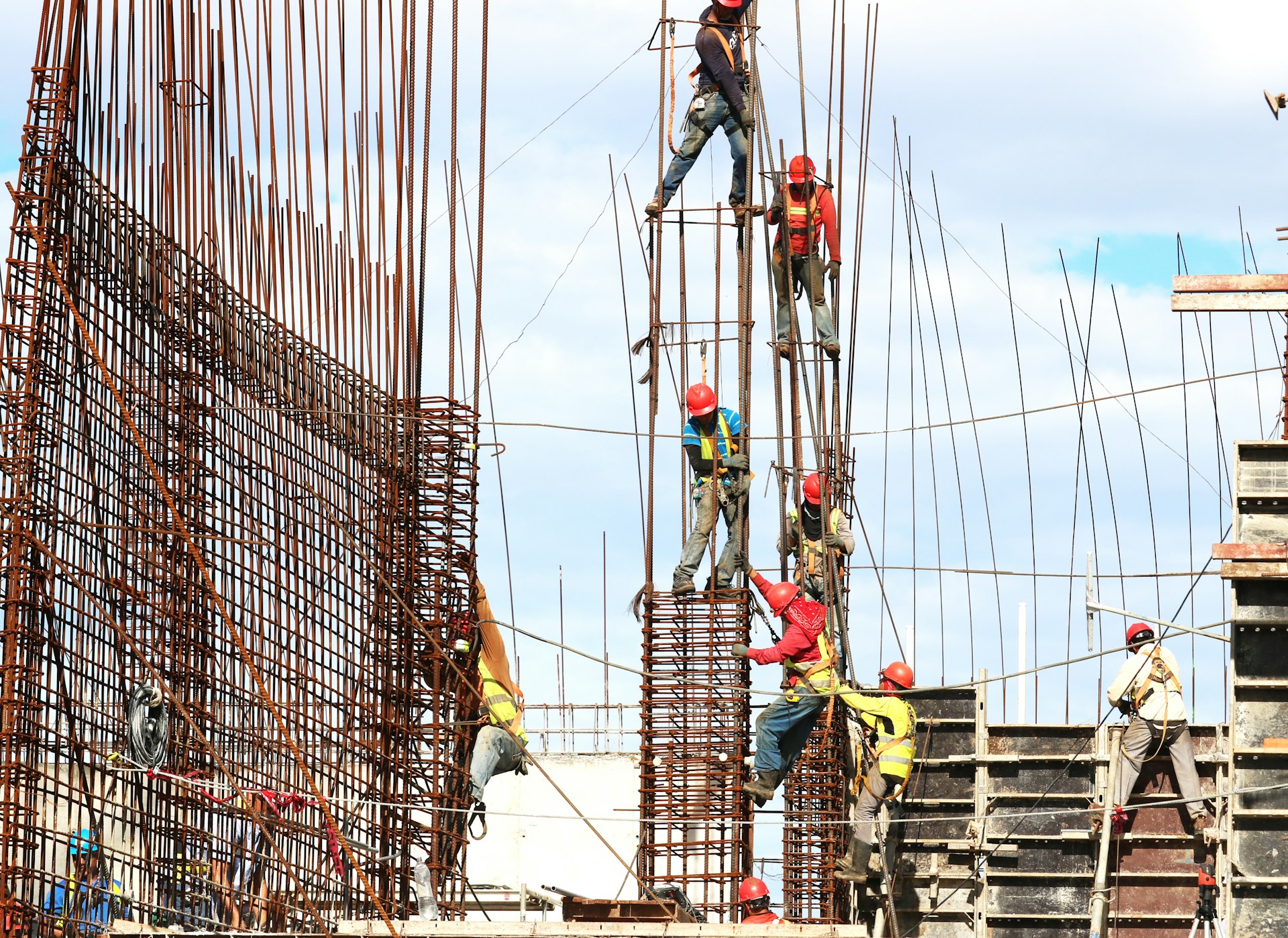Managing complex construction projects requires a combination of technical expertise, strategic planning, effective communication, and strong leadership skills. Whether you’re dealing with large-scale infrastructure developments or intricate architectural builds, the complexity of these projects demands a meticulous approach to ensure they are completed on time, within budget, and to the highest standards.

Here’s a guide to successfully managing complex construction projects.
1. Strategic Planning and Scheduling
Effective project management begins with a comprehensive strategic plan. This includes defining the project scope, objectives, and deliverables. It’s essential to develop a detailed project schedule that outlines each phase, milestone, and task. Utilize project management software to create Gantt charts and timelines, which can help visualize the project’s progression and ensure that everyone involved is aware of deadlines and dependencies.
2. Assembling a Competent Team
The success of a construction project heavily relies on the skills and expertise of the team involved. Assemble a team of professionals who possess the necessary technical skills and experience. This includes architects, engineers, contractors, and other specialists. It’s crucial to assign roles and responsibilities clearly and to foster a collaborative environment where team members can communicate effectively and work towards common goals.
3. Budget Management
Budget management is a critical aspect of construction project management. Developing a detailed budget that accounts for all expenses, including materials, labor, permits, and contingencies, is vital. Regularly track expenses against the budget to identify any discrepancies early. Employ cost control measures and make adjustments as needed to prevent budget overruns.
4. Risk Management
Complex construction projects come with inherent risks that can impact timelines, budgets, and quality. Conduct a thorough risk assessment to identify potential issues such as delays, cost overruns, safety hazards, and environmental impacts. Develop a risk management plan that includes strategies for mitigating these risks. Regularly review and update the plan as the project progresses to address any new risks that may arise.
5. Effective Communication
Clear and consistent communication is key to managing complex construction projects. Establish communication channels and protocols that facilitate the flow of information among all stakeholders, including project managers, team members, clients, and suppliers. Conduct regular meetings to provide updates, discuss challenges, and make decisions. Effective communication helps ensure that everyone is aligned and that issues are addressed promptly.
6. Quality Control
Maintaining high standards of quality throughout the project is essential. Implement a quality control plan that includes regular inspections, testing, and compliance checks. Ensure that materials and workmanship meet the project specifications and industry standards. Quality control not only guarantees the project’s integrity but also helps prevent costly rework and delays.

